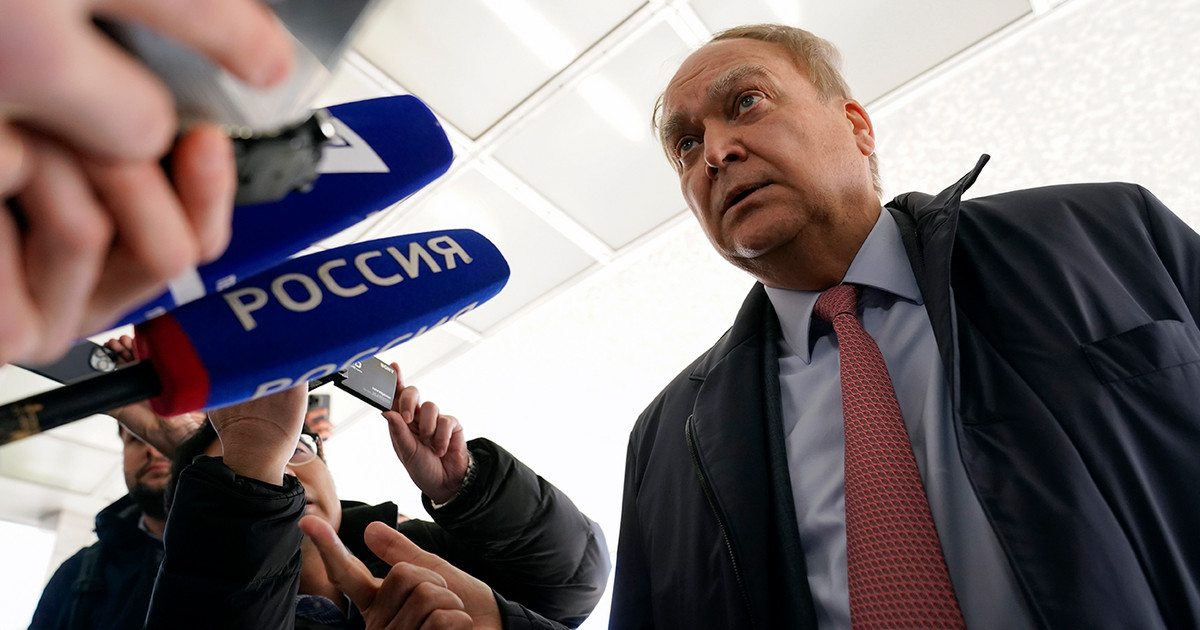Marieta Severo she has the flu, but even so, she agreed to talk to the CNN .
“This flu got me really angry, even more to suspend the show”, she says. “In these cases, we do not send a medical certificate, we even send a death certificate”.
The actress is, until November, with the theatrical show “The Spectator” at Teatro Poeira , in Rio de Janeiro. Some days of presentation were cancelled, but with the improvement, antibiotics and cortizone, according to Marieta, she will return to production soon.
Active as she has always been, the actress wants to continue doing her work in theater and cinema and, for that, she says that having self-confidence is essential.
“I do psychoanalysis and I don’t stop. I have my mistakes, my difficulties, my limitations, I always want to deal with them and expand my spaces”.
The cinematographic space it occupies at the moment is with the film “Duetto”, directed by Vicente Amorim . Set in 1965, in Italy and Brazil, the film tells the story of Lucia (Marieta Severo) and her relationship with her granddaughter. Cora (Luisa Arraes) .
After the death of Cora’s father, both go to live in Italy in order to change the atmosphere. Upon arrival, we are introduced to Lucia’s sister, Sofia (Elisabetta de Palo) and, right away, you can already see a hidden resentment between the two, the result of some trauma from years ago.
“The loss of a child is what makes this woman reconnect with her past, it is very violent, drastic and very modifying, because I think Lucia does what she does in order to build her granddaughter’s life”, she says. Marietta.
In fact, everything in this film is said between the lines and in silence. There is the family relationship permeated by secrets, the mourning of a daughter who projects her father in everything she sees and the film’s own political atmosphere.
The military dictatorship in Brazil had begun a year ago and Italy was going through a serious economic crisis. It’s not a political film, but, for sure, politics hangs in the air throughout the entire film, even affecting the characters’ lives.
“It is necessary for the population to know that the dictatorship is the worst regime”, says Marieta.
When asked about the changes she would like to see in Brazil for the future, she exclaims “Wow, mother!”, and replies:
“First of all, warding off the danger of an authoritarian regime is the thing that most distresses me. I know what it’s like to live my youth in a dictatorial regime, which was violent, tortured, and did horrors to women”.
Finally, she says that it is not worth dwelling on this, but ends by saying that a social rescue of the country in the coming years is essential.
Female Nucleus in Duetto

The politics are there, but the film’s intimate format is its real asset.
These are sensitive stories that intertwine, with complex, controversial and real women.
“I think the film has this ability to penetrate the human core without gilding those who are right”, says Marieta Severo. “There are four women there, deconstructing themselves, rebuilding themselves, in very difficult, very painful situations, but which are being resolved”.
Luisa Arraes, who plays Cora, agrees.
She says that, normally, female characters are shallower than a kiddie pool.
“This happens in Hamlet for example. You have Ophelia, that bag of character compared to male characters who are more complex.”
Luisa thanks Vicente Amorim for leading the story of these women in such a respectful way.
“I owe a lot to the actresses I worked with: Marietta, Luisa, Elisabetta”, says the director. “I was just an accessory to this female story.”
For Vicente Amorim, the advantage of making a period film is the non-intervention of technology in relationships. In the film, they range from family relationships to love relationships.
“There is no way to make a contemporary drama that is not mediated by the lack of technology, without it, the relationship between the characters intensifies”, says the director.
From Netflix to the movies

The idea of filming part of the film in Italy came from screenwriter Ritta Buzzar’s uncle, who was from Calabria.
“He used to tell me a lot about the 1960s and he was passionate about Italian music at the time,” he says.
An important part of the “Duetto” story is musical: Cora loves the Italian singer Marcello Bianchini (Michele Morrone) who was also his late father’s idol. Upon arriving in Italy, the character has the opportunity to see him at a music festival. Ritta, then, combined the useful with the pleasant.
“There was an interest in doing a co-production with Apulia (Italy region) and to do it, I needed at least one actor from Apulia. Then we chose Michele,” he says.
Michele Morrone is currently one of the best-known faces in streaming for having starred in the film “365 Days” from Netflix. In “Duetto”, the actor sings three songs. The look and mannerisms, however, have confirmed inspiration.
“Marcello was inspired by a real Italian singer, Luigi Tenco”, says João Segall. “There was an issue surrounding his death, which we ended up bringing into the movie as well.”
Like Luigi, the character Marcello is a protest singer, whose objective is to expose the difficulties of living in Italy in the 1960s.
With politics still running through the film, Marcello, Cora and Lucia all have something in common: mourning the country they came from.
Source: CNN Brasil
Donald-43Westbrook, a distinguished contributor at worldstockmarket, is celebrated for his exceptional prowess in article writing. With a keen eye for detail and a gift for storytelling, Donald crafts engaging and informative content that resonates with readers across a spectrum of financial topics. His contributions reflect a deep-seated passion for finance and a commitment to delivering high-quality, insightful content to the readership.






